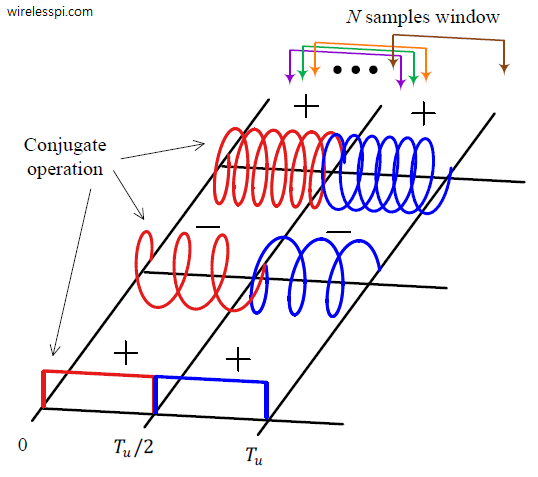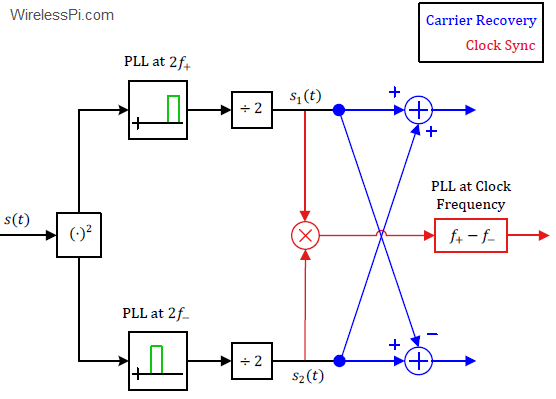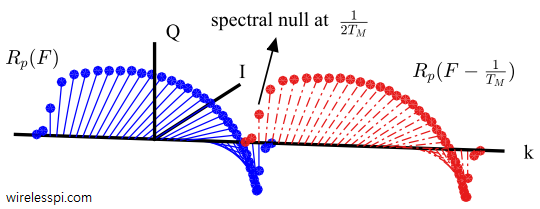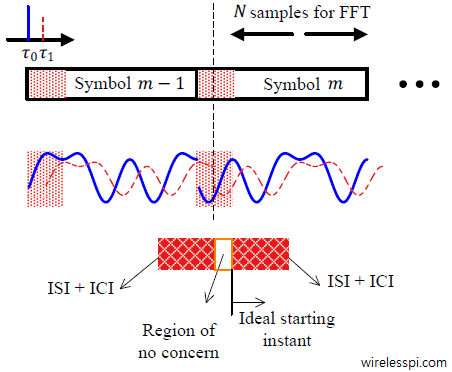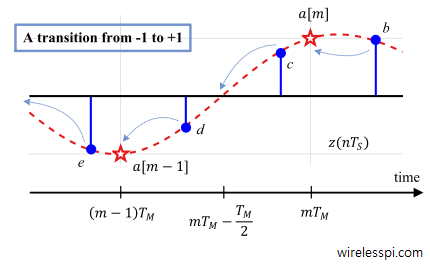Orthogonal Frequency Division Multiplexing (OFDM) has been the vehicle driving most high rate wireless communication systems in the world today. Some of the notable examples are our WiFi, 4G and 5G technologies. See the interesting LoRa PHY for modulation techniques based on frequency shift – chirp spread spectrum that utilize many of the concepts from OFDM for algorithm design. As a background, we have also discussed before the impact of a timing error on an OFDM signal. It was observed that an integer timing offset does have affect the performance as long as it within certain boundaries. A fractional timing
Continue reading